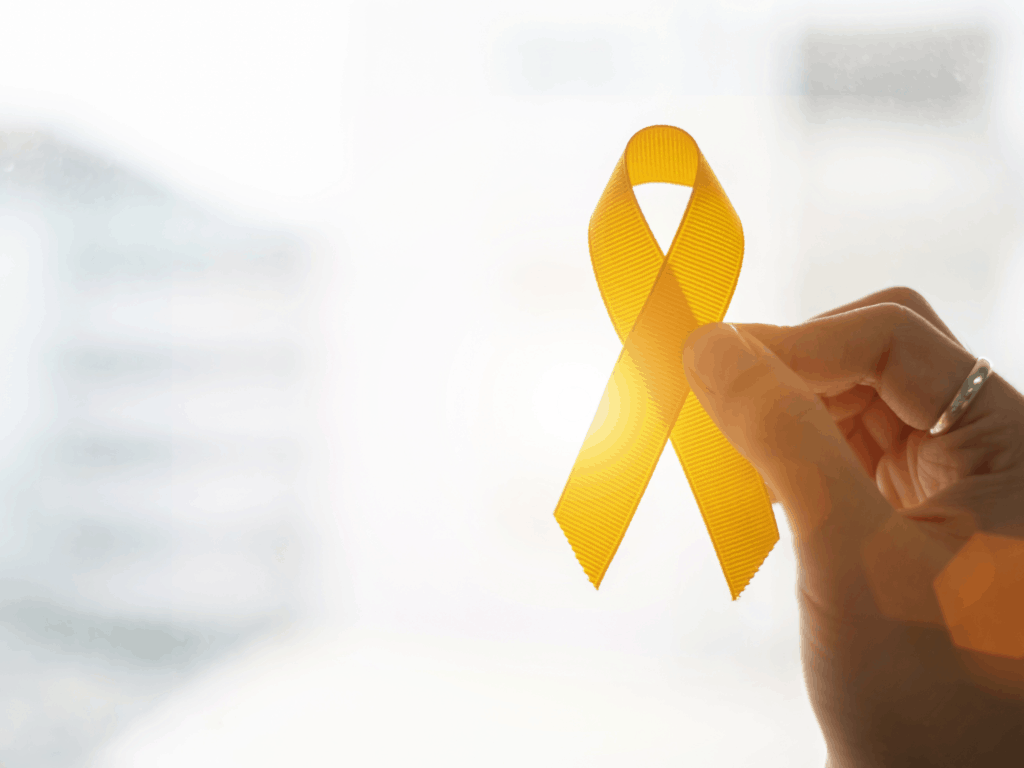The death of Robin Williams sparked shock, upset, and emotional turmoil in people throughout the world. How could someone who was so full of life take that very life? Since then, the topic of suicide and its prevention has made headlines left and right. Questions of what symptoms are associated with suicide, who can struggle with suicide, and how can we help a suicidal individual have all been asked over and over. With this much focus being put on saving the lives of those who are depressed enough to take their own, one might think that the healthcare system is following suit.
Unfortunately, that does not appear to be the case – yet.
A new bill is being pushed into being made a law out in California that would require all mental health professionals (such as therapists, psychiatrists, psychologists, and more) to undergo suicide prevention training. Currently, only two states out of 50 have laws that require this type of training – Washington State and Kentucky. The World Health Organization (WHO) reported this week that only 28 countries throughout the world had some form of suicide prevention method in place.
This law could not come at a more appropriate time, as the Centers for Disease Control (CDC) reported that 40,000 people a year are dying from suicide each year, which shows a dramatic increase since past years. In addition, the CDC also reports that the rate of suicide rose by 28% in the first ten years of the millennium.
Throughout the medical and therapeutic community, suicide is known as a topic that is rarely spoken about or addressed, despite many patients who present with signs, symptoms and warnings of possibility being suicidal. However, with recent increases in rates of suicide (as well as the public eye shifting towards preventative methods), many in the field are pushing for more training to help save lives.
In California, this bill has already been passed by the State Senate and Assembly, and is just waiting to be passed by Governor Brown. If passed, medical and therapeutic professionals would be required to take six hours of suicide prevention training.
One assemblyman in California who helped pass the bill says that the training provided by the state would help provide education on risk assessment. In addition, the law would also come with a study that would help determine how effective this training is throughout the medical and therapeutic community.
Related Articles:
https://www.cdc.gov/nchs/fastats/suicide.htm
Author
-

President, CEO & Founder at Northbound Treatment Network
Paul Alexander is the CEO, President & Founder of Northbound Treatment Network in Newport Beach, California. He believes wholeheartedly in transformational leadership, organizational health and effective, fully integrated substance use disorder and mental health treatment. With over 27 years of experience in behavioral healthcare, Paul has extensive knowledge of “in vivo” treatment modalities, clinical development, operations, strategy, marketing and financial planning. He has been widely recognized for his development of collegiate-based residential treatment programs for students in recovery and authored a research study at The University of California confirming this modality’s effectiveness.
Paul’s comprehensive professional experience, willingness to innovate, and emphasis on organizational health are vital factors in Northbound’s continued success. Paul received his Certified Addiction Treatment Specialist training at Saddleback College in Mission Viejo, CA, and was awarded Outstanding Alumni Service Award in 2002. Paul holds a Bachelor of Arts degree in Criminology, Law and Society, Summa Cum Laude, from University of California, Irvine, and a Juris Doctorate degree from Loyola Law School of Los Angeles. Paul currently serves on The National Association of Addiction Treatment Providers (NAATP) board. In addition, he serves on The Family Recovery Foundation board and The CarePossible board in Orange County; both organizations are committed to raising funds for family recovery and treatment for former military personnel. Paul is in recovery himself and lives in Orange County with his wife Silvana and his two young sons, Noah and Dean.







